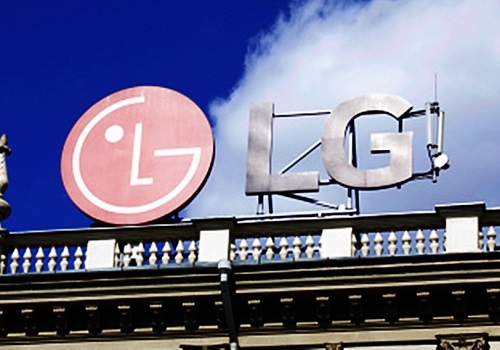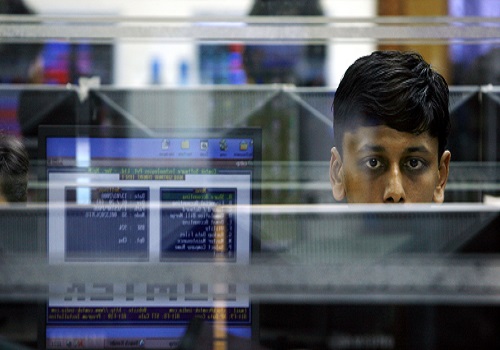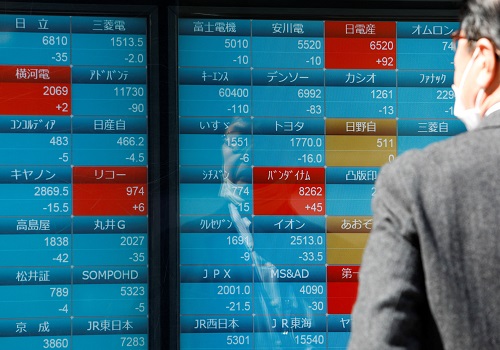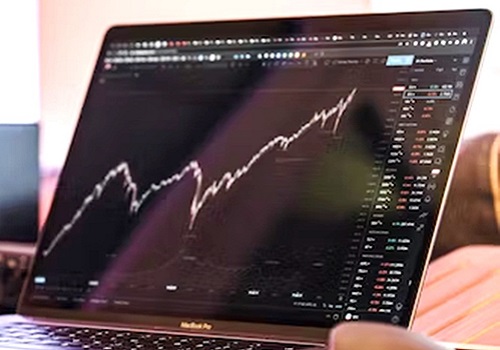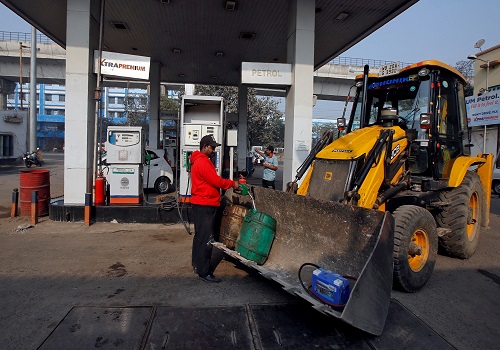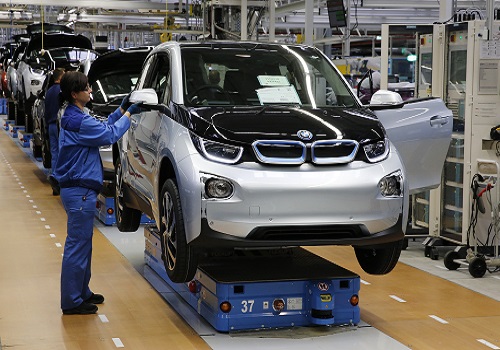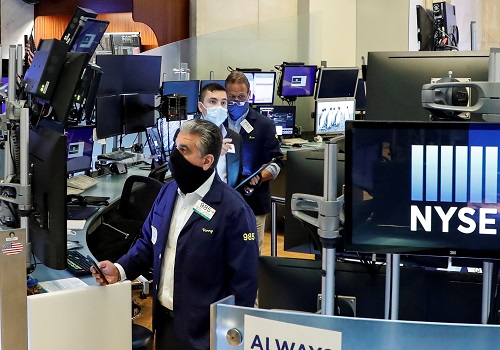US fundraise at highest since 2003 to beat interest rate hikes
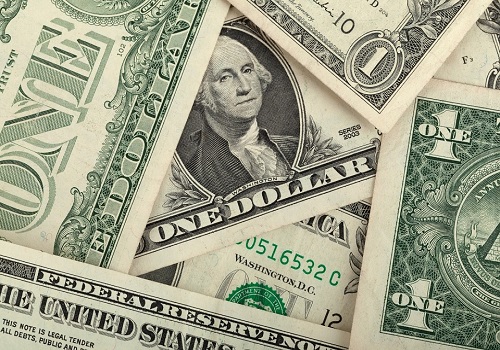
Follow us Now on Telegram ! Get daily 10 - 12 important updates on Business, Finance and Investment. Join our Telegram Channel
In the US market, companies raised almost $96 billion through Wednesday, according to data from Refinitiv. It is the strongest start to the year on records dating back to 2003, CNN reported.
For companies that want to take advantage of historically-low borrowing costs, the clock is ticking.
In the early days of the year, corporations have been racing to issue debt. Their aim is to tap the market before the Federal Reserve starts hiking interest rates, which have been near zero since the start of the pandemic, the report said.
"The funding that we've seen in just the first [weeks] of the year has been big, and it not only reflects issuers trying to get ahead of their competition, but also that rates could be 1 [percentage point] higher or more by the end of the year," Bank of America credit strategist Barnaby Martin told CNN, adding: "This is a very different dynamic than the past few years."
The Federal Reserve has indicated it could raise interest rates three times in 2022, though many on Wall Street now expect four hikes or more to rein in price increases. Some policymakers have indicated they're not opposed, the report said.
"I currently have three increases in for this year, and I'd be very open to starting in March," Patrick Harker, President of the Federal Reserve Bank of Philadelphia, told the Financial Times in an interview published Thursday.
"I'd be open to more if that's required," he added.
Notable issuers in January include car companies like General Motors and Ford, Caterpillar, Deere, insurer MetLife and Dick's Sporting Goods, as per Refinitiv.
The rush has been evident in the United States and in Europe, Martin said. It's built on a realisation that even if borrowing costs remain low by historical standards, access to capital is only going to get more expensive, the report said.












 320-x-100_uti_gold.jpg" alt="Advertisement">
320-x-100_uti_gold.jpg" alt="Advertisement">

